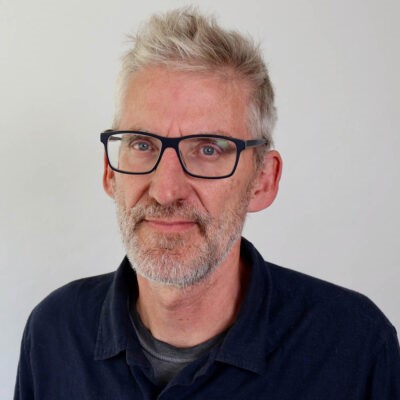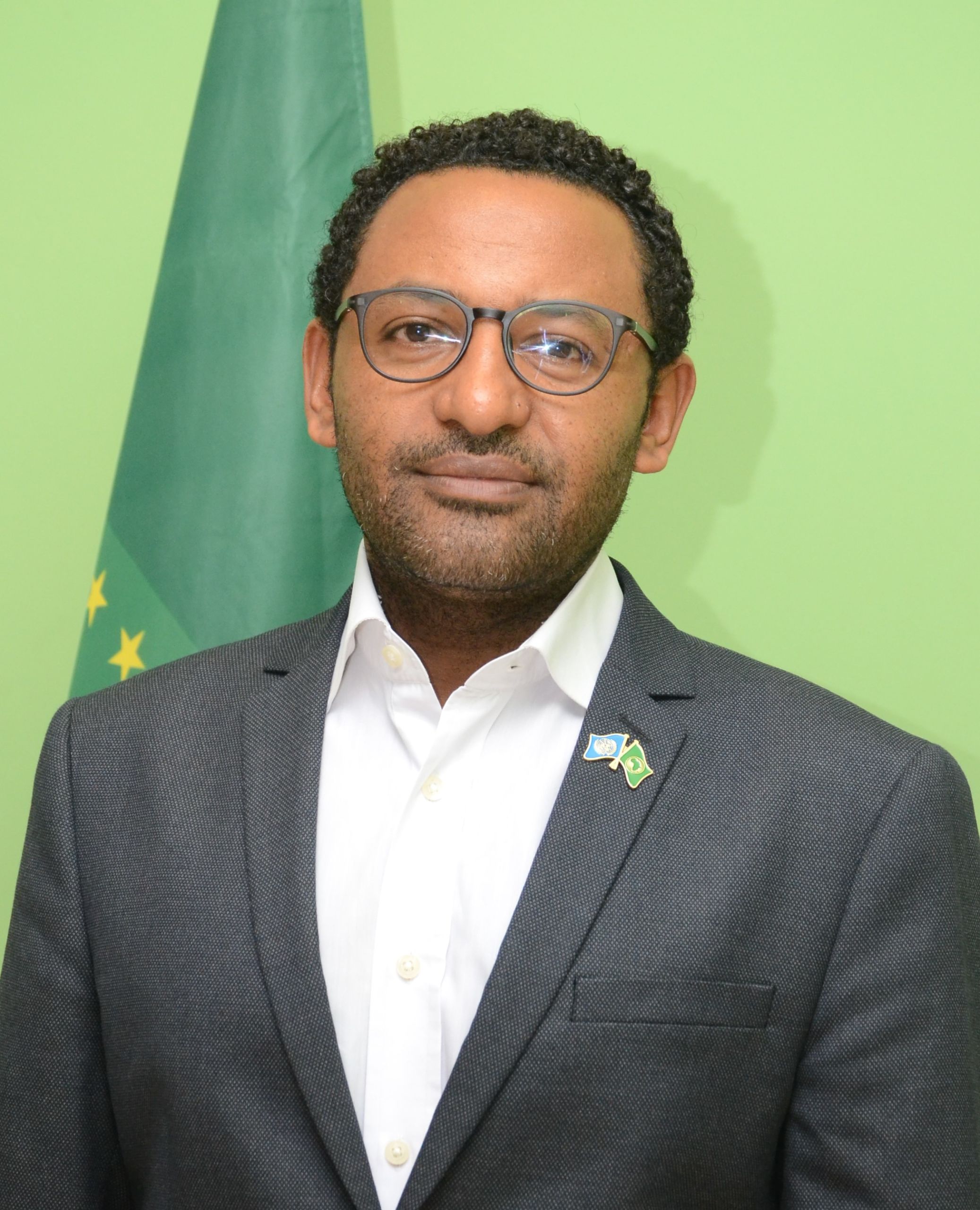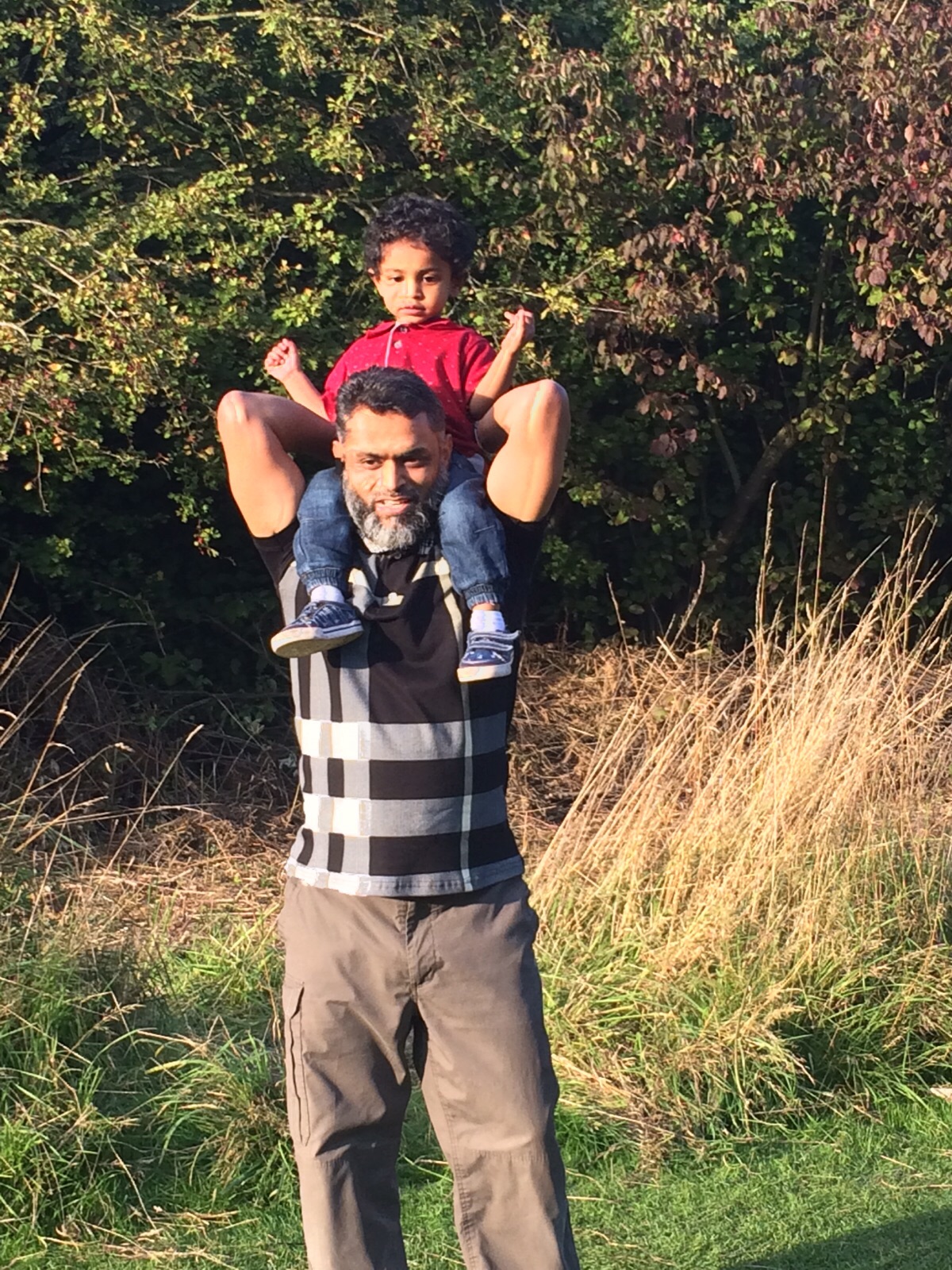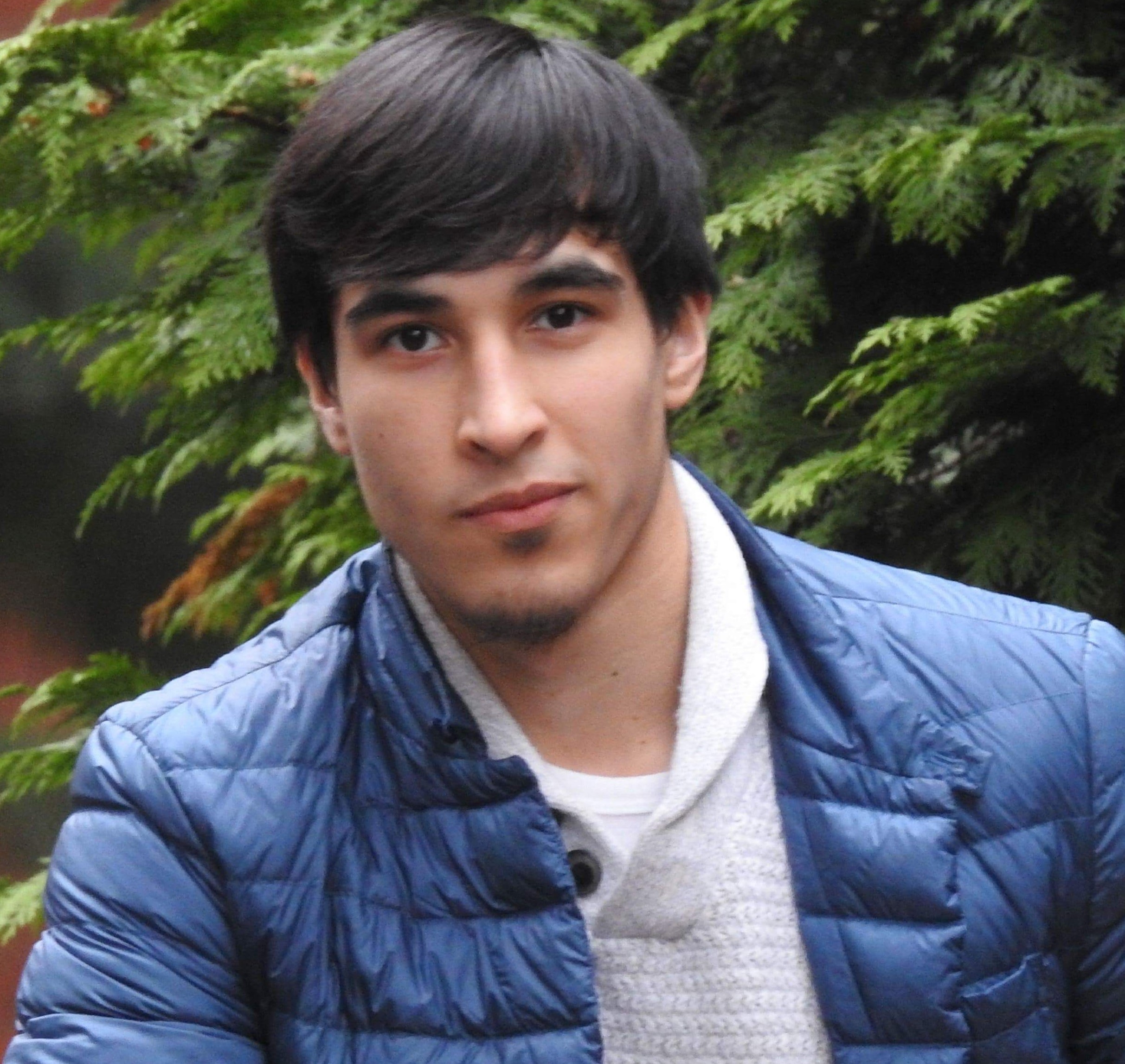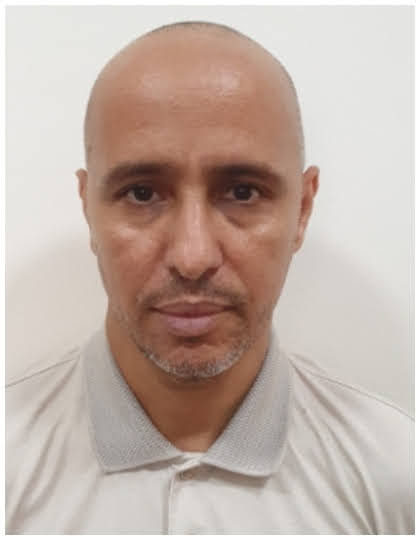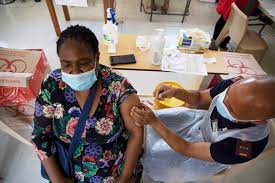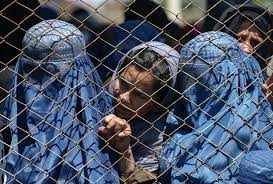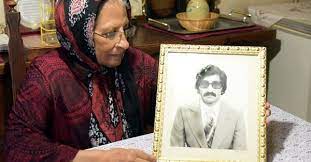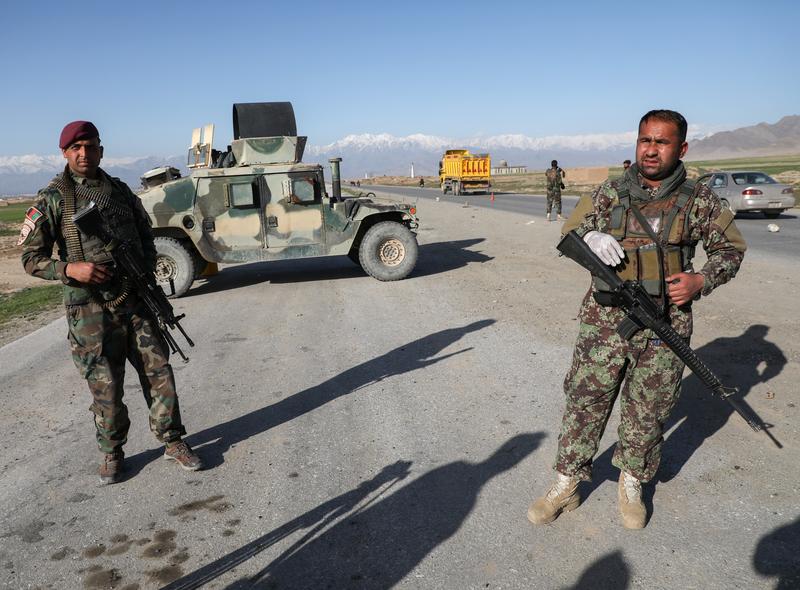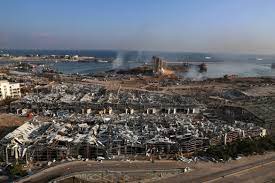‘We want normal lives’ Two former Guantanamo prisoners speak to AJ Public Liberties
![Hisham Sliti in Slovakia [Courtesy of Hisham Sliti]](https://liberties.aljazeera.com/resources/uploads/2021/09/1631950883-scaled.jpg)
Hisham Sliti in Slovakia [Courtesy of Hisham Sliti]
The Tunisian Hisham Sliti and Hussein Salim Yafai from Yemen were detained in Guantanamo Bay prison. They were both released in November 2014 and were resettled in Slovakia where they still live.
They spoke to Mia Swart of AJ Public Liberties about their time in Guantanamo prison and the restrictions and hardships they are facing in Slovakia.
Hisham Sliti
I was born in 1966 in the city of Hamam Lif in Tunisia. I was in military school there and obtained a high school diploma. My father was a mechanic.
After school I worked as a mechanic in an army garage where the cars and trucks of the army were being fixed. I worked in various garages. But I could not find a good job in Tunisia. It was impossible to find a good job there. I lived a normal life.
I then moved to Europe because I saw that some of my family and friends found good jobs in Europe. The majority were in Italy. I moved to Italy and worked on a big fishing boat in Marina di Campo on the island of Elba. I lived a normal life. This was 1995. I then went to Brussels where some of my family members lived. I worked in the workshop of my cousin there.
In 2000 I moved to Afghanistan where I worked as a mechanic in Jalalabad. Since it is a Muslim country I could live a more normal life there. I wanted to open a business there. I had no connections with Al Qaeda.
My cousin also moved there from Brussels with his wife and children. When the aerial bombardments started after 11 September 2001 I realised I had to escape. I went to a village in Pakistan near the Afghan border. I was arrested in Afghanistan and sold to the Americans. I believe I was arrested because of the leaflets that were dropped by the Americans promising $5000 bounty money for handing over Arabs. We were taken to Kandahar.
In prison in Kandahar I was repeatedly being interrogated and tortured. One of the guards hit me with his knees and broke my teeth. They also deprived me of sleep for three or four days at a time. I was kept in this prison for four months from January to April 2002.
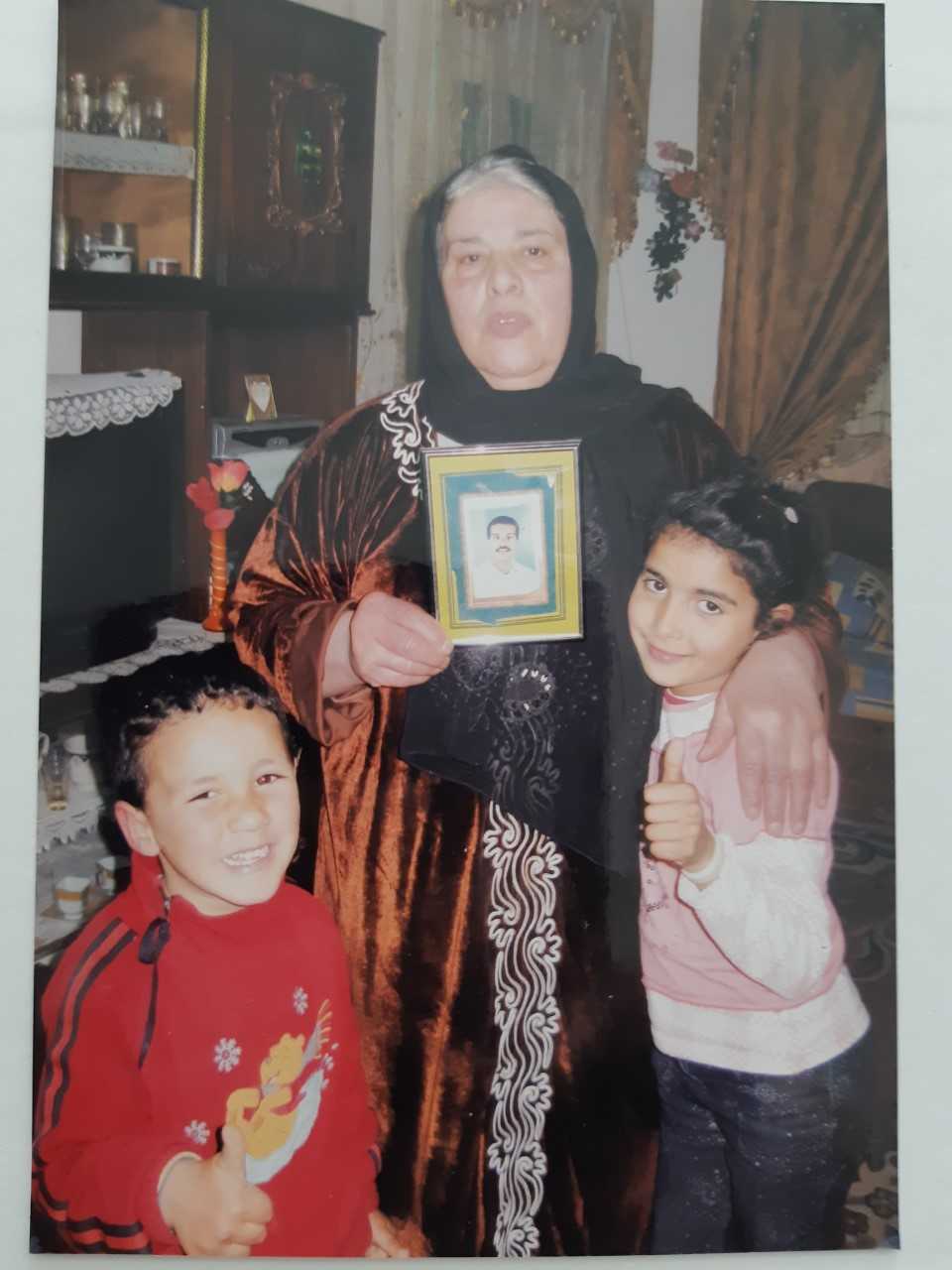
From Kandahar I was taken to Guantanamo. I was detained in Guantanamo for twelve years. I was never charged with anything.* A delegation from Slovakia met with me and arranged that I be sent to Slovakia after my release. One did not have a choice. If anyone refused to go to a certain country they would take him by force.
I now live in a town called Zvolen in Slovakia. I got married in Slovakia.
But I am not free. Many restrictions still apply. For example I am not allowed to leave Slovakia. I dream of seeing the ocean.
I have been intimidated here in Slovakia on many occasions. When I just moved here I wanted to celebrate my first Ramadan outside Guantanamo. I stayed in my room in a government building for a day and a half. Slovakian special forces then appeared at my flat and started beating me.
This incident was covered by Al Jazeera Arabic. I believe this is why the authorities have been harassing my me and my wife. In February this year two policemen appeared at my wife’s flat and asked her many questions about me. They also asked her why she wears a hijab. They even harassed my wife’s daughter and father, asking them various questions about me.
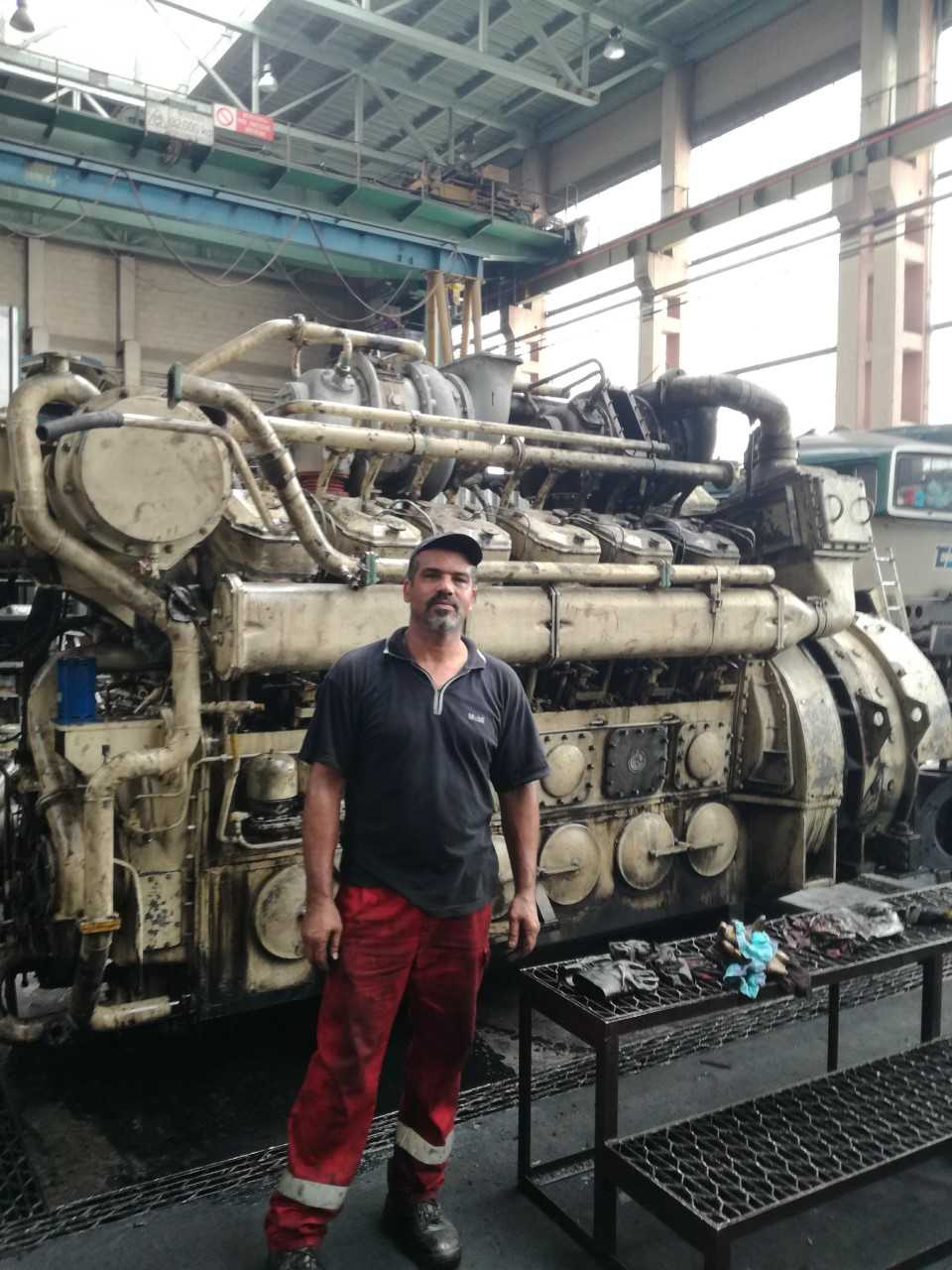
I have also been harassed at my place of employment, especially after the special forces attacked me. My boss and my colleagues know I was in Guantanamo.
The ICRC has taken an interest in our case and said that five members of one’s family abroad can visit one ever year for five years. But we have only had one visit from our families so far.
We still have ongoing problems because of the torture. But we are not getting proper medical treatment in Slovakia. We have asked for psychiatric treatment. But we only received some help for a few months after we just arrived here. The government then stopped the treatment.
I am trying to open a business here but am facing ongoing financial problems. At the moment I do not even have enough money to pay my rent. The government here gives us 150 euro every month but they want to stop this programme of assisting us.
My wife has to take care of me. The Director of Migration in Slovakia said that I am not allowed to leave Slovakia. He said that I am now my wife’s responsibility.
When I arrived in Slovakia as a free man the first thing I did was to eat a Turkish kebab at a restaurant. I like walking in the woods and being out in nature.
*In 2008 a US District Court reviewed Sliti’s case and denied his release.
This article conveyed the information as it was conveyed to the author.
Hussein Salim Yafai
I was born in Yemen in 1977. I am from Aden in South Yemen. I finished high school but because of the fighting in Yemen I could not go to college. My father was a carpenter so I became a carpenter. I learnt the profession from a very young age.
I struggled to find work in Yemen. People from South Yemen were being discriminated against and the North Yemenis treated us as if we were slaves. We did not have the opportunities normal people have.
I had to choose between staying in Yemen and fighting and leaving the country. I wanted to go to Europe.
I then travelled from Aden to Sanaa to the UAE and the to Pakistan. In Pakistan I stayed for four days. I was first in Karachi and then travelled to another town where I happened to meet a man who spoke Arabic. I told him I wanted to go to Europe. And that I first came to Pakistan because I did not have money to get a visa directly to Europe from Yemen. I travelled with an Islamic group who could get a visa for less money.
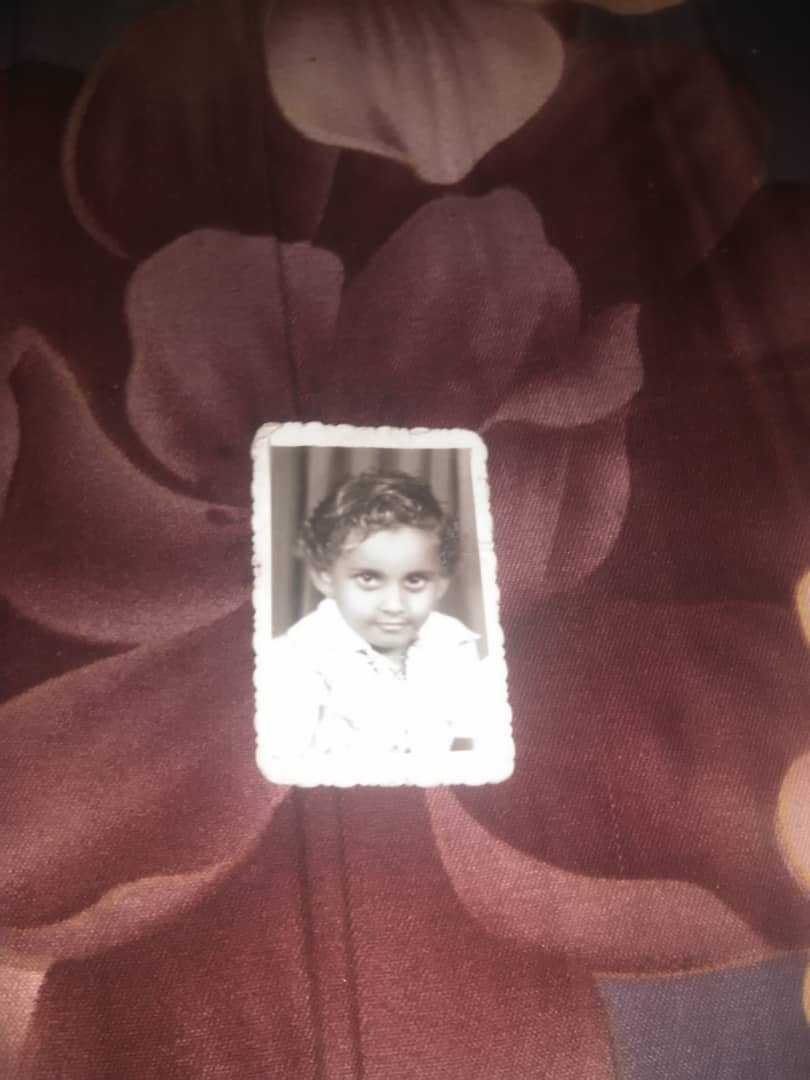
He then told me that the 9/11 attacks happened a few days earlier and that everything had changed now and that I would be arrested if I go to the airport and that I will be sold to the Americans and probably be tortured. I did not know about 9/11 because I did not have a TV. The footage I saw in a shop looked like a movie – I thought it was all a movie. He told me that the US will now attack Afghanistan.
He said he could get me to Europe but that I must pay. He said we will first go to Iran and then from Iran to Europe. I trusted him. I paid him the money he asked for. When we entered Iran we took a bus from the airport to another city. I then started to get the impression that this man was not honest with me. When we got off the bus he told me to hand over my passport to a group of civilians. They sold me and some of the other passengers to the Americans there. It was apparently part of a prison exchange between the US and Iran.
Then they took me to a prison where they tortured me. They moved me from prison to prison in Iran. They then said they will take me back to Yemen. But they took me to Afghanistan instead.
I was kept in a prison in Kabul for more than a year. It was an underground prison – built under the ground. I was tortured almost every day. They wanted to get information about the prisons I was kept in in Iran. I said I had no information because I was moved from prison to prison with my eyes blindfolded. The Americans torturing me admitted they had no evidence against me. I did not have the information they asked for. From there I was taken to Bagram and from there to Guantanamo. I was never charged.
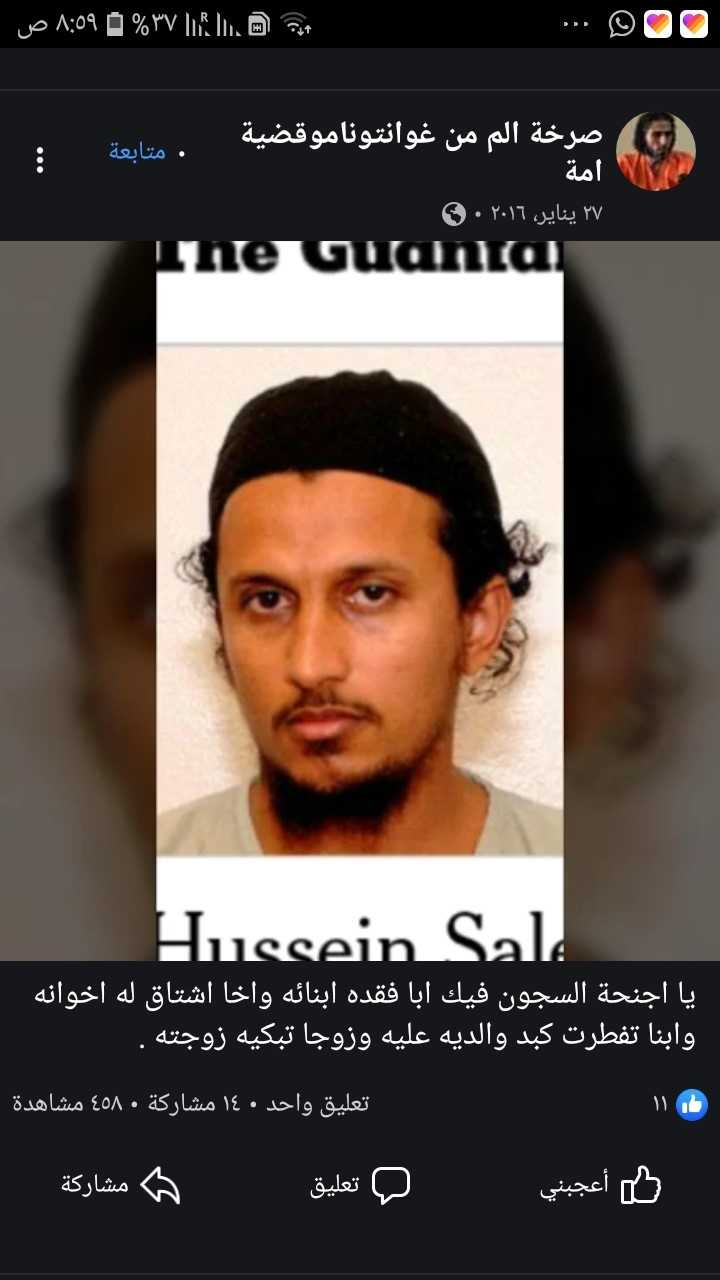
In Guantanamo I was on hunger strike several times. The Americans later force fed me through a tube. Being on hunger strike was a way of objecting to the fact that I was imprisoned without having committed any crime. It was also a way of objecting to the constant torture including sleep deprivation and the playing of loud music. I was beaten when I refused to eat. I still suffer the consequences of the torture.
In Guantanamo the Americans tried to make me work for them from an early stage. But I refused.
My case was eventually heard by a court in Washington DC. The judge, Judge Friedman, found that there was no evidence against me and that I must be released. I received the documents confirming that I should get released in 2009. But I was only released in 2014.
The reason for the long delay in releasing me was that the Yemeni government was reluctant to accept detainees from Southern Yemen. When a delegation of Yemen met with me and asked me what I thought of the government I was honest and told them that I did not support the Yemeni government.
Here in Slovakia I am not really free. They promised us we will have the same rights as the Slovak people. But this is not the case. I still have nothing. It took me three and a half years to find a job.
The government told the company I am now working for that I was in Guantanamo. So I am harassed by colleagues about this. Some of my colleagues make jokes and ask me if I have guns and if I can help them make bombs.
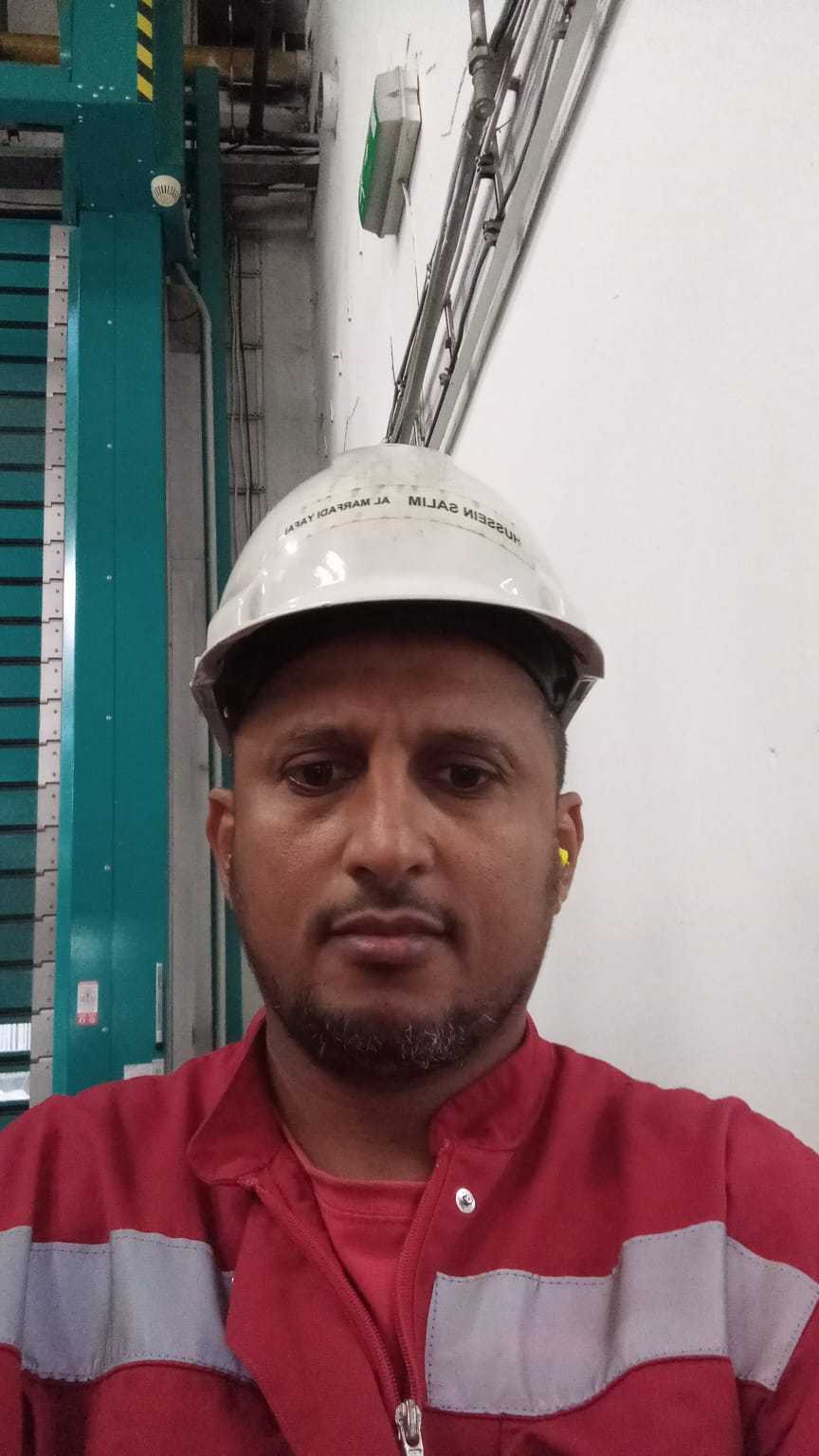
I found a woman I wanted to marry here but she is scared that she might get intimidated by the government.
The American government should be helping us more now. The American government has broken our lives and our future. We have nothing.
Guantanamo was a dark place. The thing I appreciated most when I was freed from Guantanamo was being able to go to the bathroom without being observed by cameras.
This article conveyed the information as it was conveyed to the author.
The interviews were edited for clarity and brevity.


